How to Choose the Right Water Treatment System for Your Home
Water is the essence of life. Therefore, the purity of your household water is vital for the health and well-being of your family. Ensuring this purity often means choosing your home’s right water treatment system. Perhaps you’ve noticed your tap water has a foul odor or are concerned about harmful contaminants lurking unseen. This blog post aims to guide you through choosing the right water treatment system for your home. This will ensure you and your family enjoy safe, clean water every day. Let’s delve into the world of water treatment systems and learn how to make the best choice.
Understanding the Basics of Water Treatment Systems
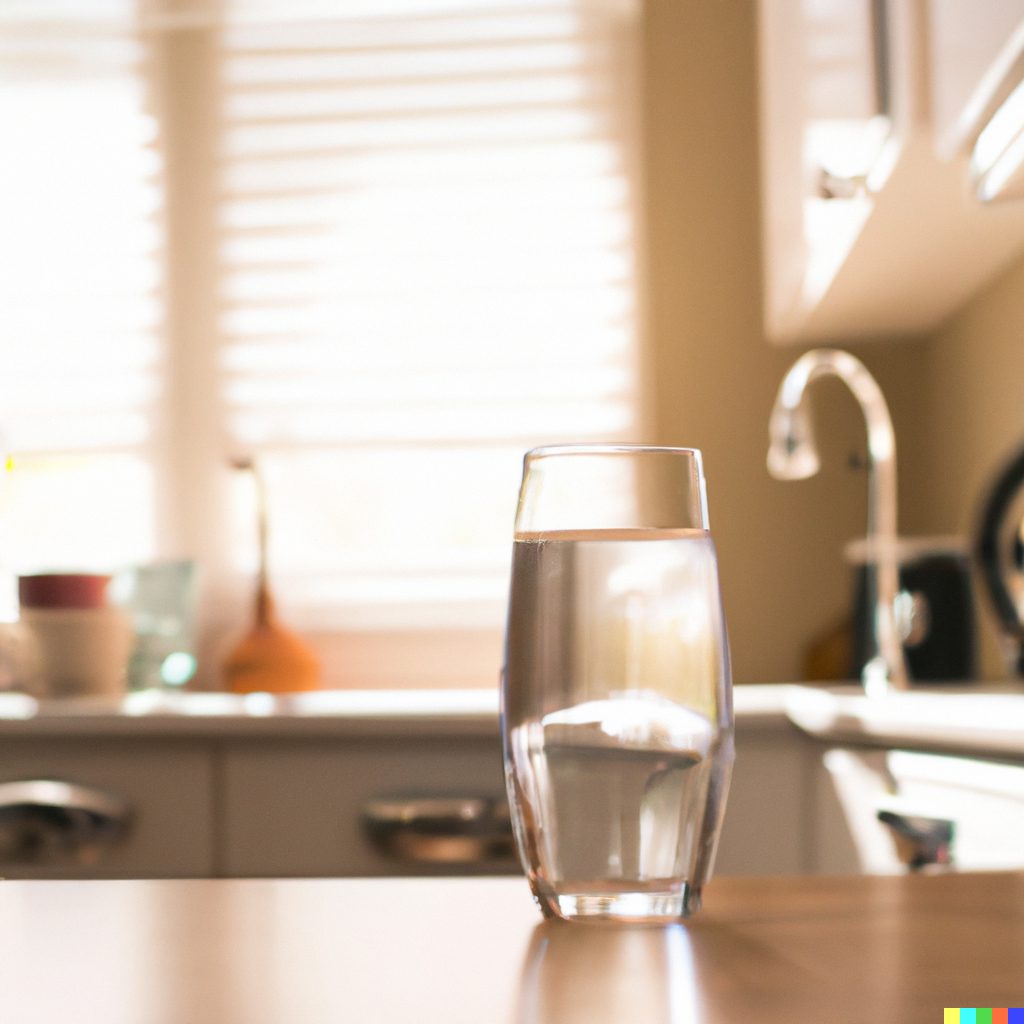
Having a basic understanding of water treatment systems is crucial in making an informed decision. These systems are specifically designed to eliminate or reduce contaminants found in water. This results in improved quality and safety.
How Do Water Treatment Systems Work?
Treatment systems employ various techniques to eradicate or reduce contaminants such as bacteria, chemicals, and physical particles. These techniques encompass filtration, disinfection, and other strategies contingent on the system’s setup and the impurities in question.
Types of Water Treatment Systems
Different systems specialize in treating different types of contaminants. Common types of water treatment systems for your home include:
Reverse Osmosis Systems (RO)
These systems use semi-permeable membrane technology to remove a wide range of contaminants, providing comprehensive purification.
Water Softeners
These devices combat hard water by replacing calcium and magnesium ions with sodium ions. They’re essential in regions with hard water to prevent scale buildup in appliances and pipes.
Ultraviolet disinfection
It uses UV light to kill bacteria and other pathogens, making them ideal for eliminating biological contaminants.
Carbon filter
This filter absorbs any chlorine or chloramine from your city water, improving the water’s taste and odor.
Sediment filter
Cartridge filter made of cotton to hold any rust of dust or particles that may appear in water up to five(5) microns.
Refrigerator filter
Filter installed in the refrigerator to filtrate the water for icemaker or tap drinking.
The Importance of Selecting the Right System
Selecting the correct water treatment system is of utmost importance as each system possesses its own advantages and disadvantages. The ideal selection depends on the specific contaminant profile of your water and the requirements of your household. We will review these aspects in the subsequent sections to determine the optimal system for your necessities.
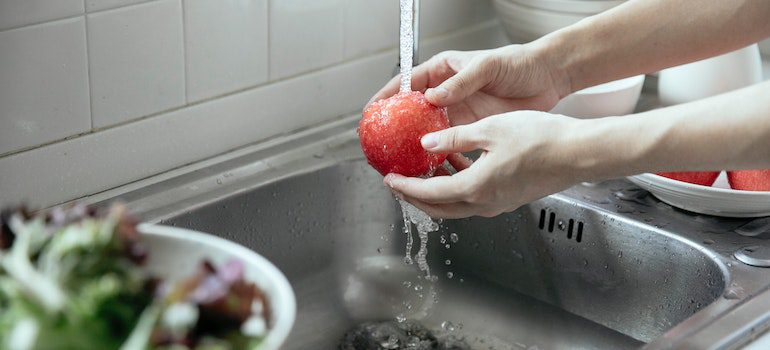
Evaluating Your Needs
Consider the Size of Your Household
The size of your household greatly influences the capacity of the system you’ll need. A larger family means more consumption, which requires a larger, more robust system.
Assess Your Water Quality
Knowing the quality of your water is essential in selecting the appropriate treatment system. A quality test will reveal what contaminants are present and in what quantities. You can obtain testing kits from most home improvement stores or hire a professional to perform the test.
Understand Your geographic Location
Where you live can significantly impact the type and quantity of contaminants in your water. For instance, if you are considering relocating and using moving services in Orlando, Florida, you might need to consider a system that effectively handles chlorine and hard minerals common in that area. Understanding the typical issues in your location will guide you in choosing the right water treatment system for your home.
Pros and Cons of Different Water Treatment Systems
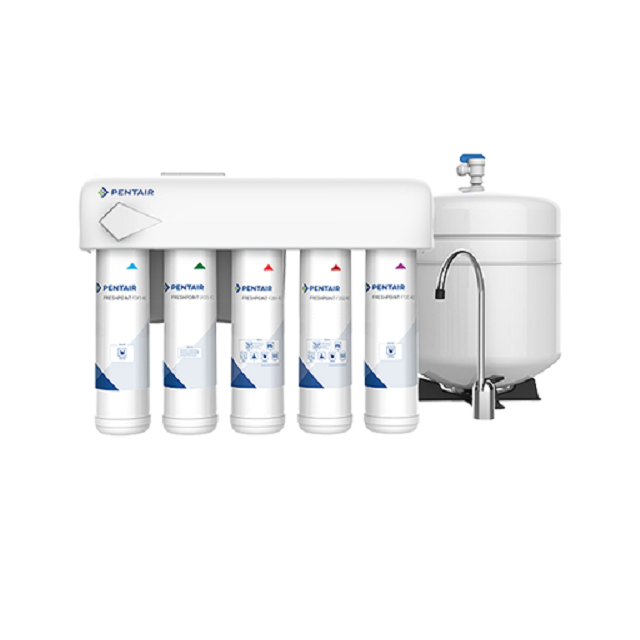
Reverse Osmosis Systems
RO Systems
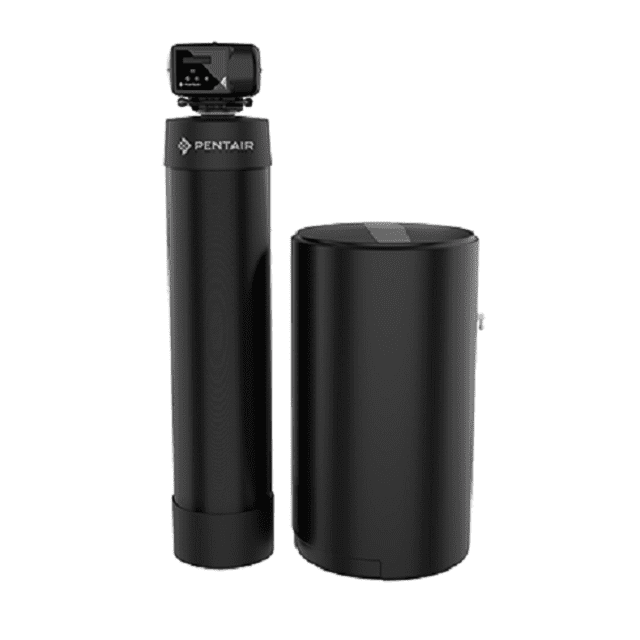
Water Softeners
Softeners
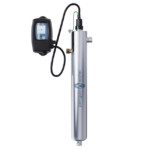
Ultraviolet Disinfectant
UV Purifiers
Tips on Choosing a Reliable Water Treatment System Brand
To choose a dependable water treatment system brand, it’s important to do your research. Look into various brands and their reputations, paying close attention to customer reviews. Consider the warranty and after-sales support offered by each brand, as well as their track record for quality and customer service. Opting for a certified product brand ensures that the system meets established performance and safety standards. A reliable brand will provide a quality product, satisfactory customer service, and ongoing support. These factors are crucial in ensuring the long-term effectiveness of your chosen water treatment system for your home.
Conclusion:
If you have noticed that your tap water is not clear or has a foul odor, selecting the right water treatment system for your home is crucial to improve your quality of life. By gaining knowledge about the fundamentals of water treatment systems, assessing your requirements, comparing various methods, and opting for a reliable brand, you can guarantee the safety and purity of your household water. We sincerely hope that this guide has aided you in obtaining cleaner and safer water for your home. Ultimately, we aim to ensure the well-being of your family by providing them with the purest water possible. The most sterile water is possible.
